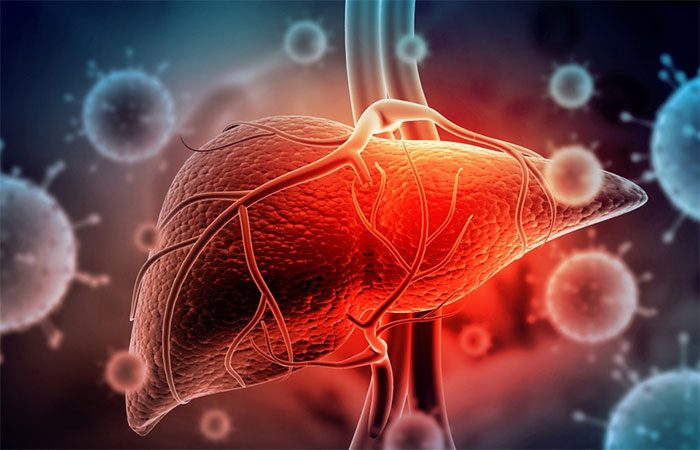A research team at the University of Hong Kong (HKU) has announced that they have assisted 1 in 10 patients with hepatitis B in achieving functional treatment without the need for lifelong medication.
Professor Yuen Man-Fung, Head of the Department of Gastroenterology and Hepatology at HKU, stated that after numerous clinical trials in the city involving a new drug for hepatitis B treatment, they have managed to help 1 in 10 patients achieve functional treatment, aiming for a success rate of 30%.
Professor Yuen explained that this drug cannot completely eliminate the hepatitis B virus, but it helps patients achieve functional treatment by maximally suppressing the viral load.
“The hepatitis B virus is one of the smartest viruses in the world. The antigens on the surface of the virus can put your immune system to sleep. Our drug has the ability to awaken the immune system, allowing it to work against the virus on its own,” said Professor Yuen, the lead researcher.
The team of eight researchers, including Professor Yuen, began trials of this drug in 2017. Their findings were published in November in the New England Journal of Medicine.

Most hepatitis B cases are detected after progressing to cirrhosis or cancer. (Photo: Shutterstock).
Research Process
According to the South China Morning Post, 7.8% of Hong Kong’s population, approximately 570,000 individuals, are infected with hepatitis B, but most cases are only identified after they have progressed to cirrhosis or cancer.
Current treatment methods can reduce the risk of complications and death, but patients must take medication for life. Some drugs enable patients to achieve functional treatment outcomes after 3-7 years, but the success rate is low, and patients may experience side effects.
Professor Yuen’s research team aims to develop a drug that suppresses the virus over a long period, with treatment lasting no more than two years. This way, patients can stop taking the medication with the lowest risk of relapse.
They began testing this drug at Queen Mary Hospital in 2017. During the second phase of clinical trials from 2020 to this year, 457 patients received weekly injections of the drug for six months.
Approximately 9-10% of patients were found to have no detectable virus six months later. For some older individuals, whose immune systems are less affected by the virus, the success rate ranged from 16-25%. Additionally, no significant side effects were reported, other than pain at the injection site.
Although patients were only monitored for six months post-treatment, Professor Yuen noted that low viral loads are likely to persist unless they undergo other treatments that suppress the immune system.
“We have achieved a success rate of 10%, but we will not stop here. In the third phase of clinical trials, we will combine the treatment with other drugs, such as cocktail therapy,” Professor Yuen stated.
The team is striving towards the internationally accepted goal of a 30% success rate. The third phase of clinical trials will involve several hundred patients from Asian countries with high rates of hepatitis B infection. Professor Yuen hopes that this drug will be available in the next 3-5 years.

According to Professor Yuen Man-Fung, the hepatitis B virus is one of the smartest viruses in the world. (Photo: South China Morning Post).
Efforts to Eliminate Hepatitis in Hong Kong
Health authorities in Hong Kong previously set a goal to eliminate hepatitis as a public health threat by 2030, which is also the target of the World Health Organization (WHO).
To achieve this, the diagnosis rate must reach 90%, the treatment rate 80%, new cases must decrease by 90%, and mortality must be reduced by 65%.
However, Professor Yuen mentioned that Hong Kong will not be able to meet this goal without comprehensive screening for patients.
He suggested that individuals with a family history of liver disease and those born before 1988, the year all infants began receiving vaccinations, should be prioritized for screening.
“At Queen Mary Hospital alone, we receive up to 400 hepatitis B patients each week. If we identify all 570,000 patients in Hong Kong, how can the healthcare system cope?” Professor Yuen remarked.
Furthermore, he stated that the hepatitis prevention task force has been engaging with family doctors to equip them with knowledge for treating community-acquired infections.
- Most stable hepatitis patients can be treated at primary care facilities instead of public hospitals. This will help shorten waiting times to see specialists, allowing hospitals to focus on treating more severely ill patients.
- What should hepatitis B patients avoid eating?
- Can sharing utensils with hepatitis B patients lead to infection?
- New research: Humans continue to develop an additional artery in the arm


















































